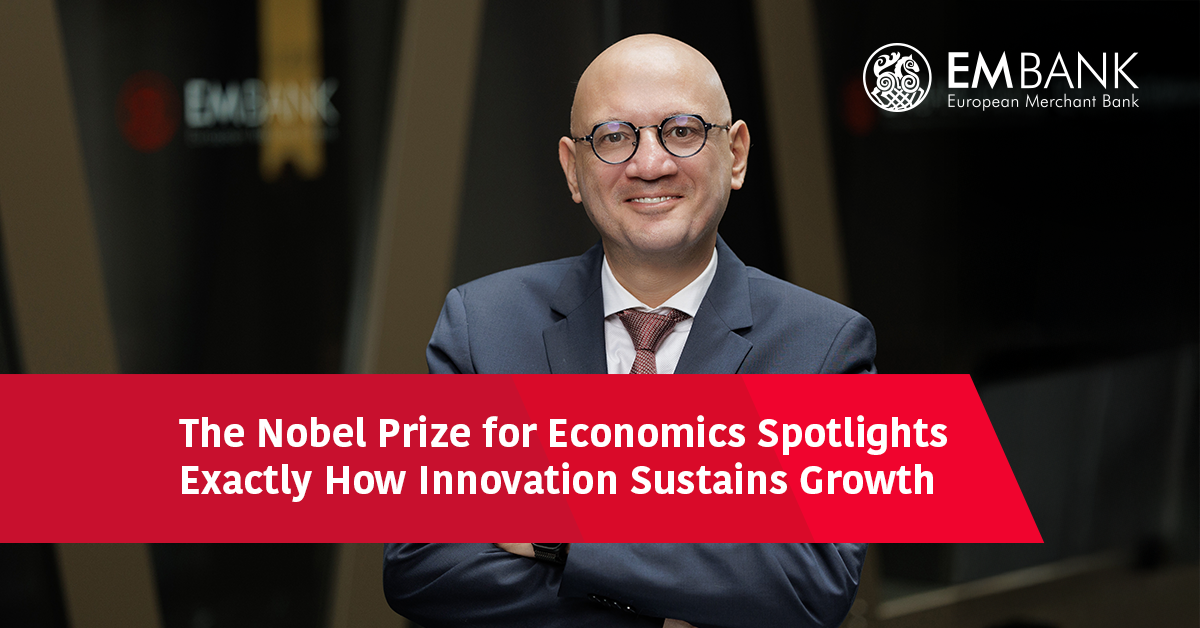As digital transformation accelerates, businesses are discovering new ways to embed financial services into their offerings, enhancing customer experiences and opening fresh revenue streams. Banking-as-a-Service (BaaS) plays a pivotal role in this shift, allowing companies outside the traditional financial sector to seamlessly offer banking products like payments, lending, and more. Whether it’s a retailer offering buy-now-pay-later options or a tech company enabling in-app payments, BaaS empowers businesses to integrate financial services directly into their platforms—creating smoother, more intuitive interactions for customers.
No longer confined to banks, financial services are becoming an integral part of a wide range of industries. BaaS enables companies to build solutions that go beyond transactions, driving deeper customer relationships and allowing businesses to innovate in ways that were once unimaginable. As BaaS continues to evolve, it’s clear that this technology is reshaping how industries engage with customers and redefining the future of finance itself.
This article focuses on the strategic importance of BaaS partnerships, exploring how these collaborations drive innovation, unlock new business models, and transform industries far beyond traditional financial services.
BaaS: The Backbone of Modern Business Models
Banking-as-a-Service is transforming industries by enabling non-banking companies to offer financial products such as payments, lending, and even insurance directly within their platforms. This seamless integration allows businesses, from retailers to tech startups, to expand their service offerings without the complexity of building financial infrastructure from scratch. By embedding financial services directly into their operations, companies can create more personalized and efficient customer experiences, often becoming strong competitors in spaces once dominated by traditional financial institutions.
Shifting the Paradigm of Financial Services
BaaS is not simply a mechanism for delivering banking services; it is fundamentally shifting how businesses interact with money, payments, and customer engagement. As non-financial companies integrate banking solutions into their platforms, they are reimagining the way customers experience finance. Whether it’s offering point-of-sale financing or streamlining subscription payments, BaaS is changing how businesses address consumer needs, bringing financial interactions closer to the customer’s daily life.
Beyond Infrastructure: How BaaS Redefines Collaboration
Traditionally, businesses partnering with financial institutions focused on accessing infrastructure—payments gateways, credit facilities, etc. But BaaS is creating collaborative ecosystems where banks and non-banks co-create entirely new financial experiences. Rather than just a one-time integration, these partnerships are dynamic and focused on long-term innovation.
At the heart of this transformation are APIs. More than just a technical component, APIs act as innovation catalysts that enable businesses to rapidly prototype and launch new financial services. This creates a continuous cycle of experimentation and adaptation, empowering both banks and businesses to evolve their offerings in real-time.
Transforming Banks into Platform Providers
Banks have traditionally been service providers, but BaaS is turning them into platforms. Instead of merely delivering financial services, banks now empower third parties to build unique products on their infrastructure. This shift is enabling companies to bring innovative financial solutions to market faster, without the need to navigate the regulatory complexities of becoming a financial institution themselves.
BaaS for Non-Banking Businesses: Unlocking New Value
For non-financial companies, BaaS is a powerful tool for deepening customer relationships. By embedding financial services directly into the customer journey, businesses can offer value at critical moments—such as providing instant financing options at checkout or enabling quick and secure payment solutions.
BaaS also fosters innovation by lowering the barriers to entry for non-financial companies to experiment with financial services. Without the heavy burden of compliance and regulatory requirements, businesses can trial new financial solutions, iterate on their offerings, and find the best ways to serve their customers without risking costly mistakes.
Reimagining Innovation: The BaaS Differentiator
BaaS is not just about enabling businesses to compete; it’s about enabling them to create entirely new market niches. By combining their deep industry knowledge with financial services, businesses can carve out unique value propositions. For example, insurance companies can offer investment services tailored to specific customer needs, while retailers can provide financing solutions that are embedded directly into the purchasing experience.
These partnerships also create dynamic collaboration models. Instead of focusing on gaining a competitive edge, businesses and banks co-create solutions that respond quickly to changing customer demands, leading to an evolving partnership that grows as markets change.
Rethinking Regulation and Risk through BaaS
Regulation is often seen as a challenge, but BaaS turns it into an opportunity. Through partnerships with banks, non-financial businesses can leverage the bank’s regulatory expertise to offer compliant services from day one. This allows businesses to turn compliance into a strategic advantage, focusing on innovation while remaining confident in their adherence to regulatory frameworks.
The shared nature of BaaS partnerships leads to distributed risk. Both parties share accountability, creating a more resilient ecosystem that can withstand market fluctuations and regulatory changes while ensuring a high level of service for customers.
The Future of BaaS: Beyond Financial Services
As BaaS continues to evolve, its applications are expanding beyond traditional banking. We are entering the age of hyper-personalization, where BaaS can be embedded in sectors such as healthcare, retail, and mobility, providing tailored financial solutions that meet customers where they are. Whether it’s offering healthcare financing solutions or creating integrated payment systems in the mobility sector, BaaS is increasingly becoming a core part of everyday life.
This shift from transactional to experiential finance is one of the most profound changes enabled by BaaS. Companies are moving away from basic financial services toward offering comprehensive, personalized financial experiences that are seamlessly integrated into broader lifestyle and business contexts.
BaaS as the Future of Business
Banking-as-a-Service is not just a trend in financial innovation; it is a transformative force that is reshaping industries and creating new business opportunities. As companies across sectors continue to explore the potential of embedded finance, BaaS will remain a key driver of growth, enabling non-financial businesses to offer sophisticated financial solutions and deepen customer relationships.
Looking ahead, the evolution of BaaS ecosystems will drive even more collaboration between financial institutions and businesses. As the boundaries between industries blur, BaaS will play an essential role in creating symbiotic relationships that foster continuous innovation and open new avenues for growth. The future of business will be built on these dynamic, ever-evolving ecosystems, where finance is not just a service but a seamless, integrated experience that adds value to every interaction.
How Can EMBank Help?
Established in Lithuania and licensed by the European Central Bank, EMBank provides API solution called EMBank Connect, Banking as a Service offering, combined with Safeguarding Account, Business Account, and Accumulative Account types, as well as payment options through SEPA, Target2 and Swift.
Please keep in mind that the above information has been prepared or assembled by the EMBank and is intended for informational purposes only. Some of the information may be dated and may not reflect the most current legal developments.
Please send an email to [email protected] to arrange a telephone call.




